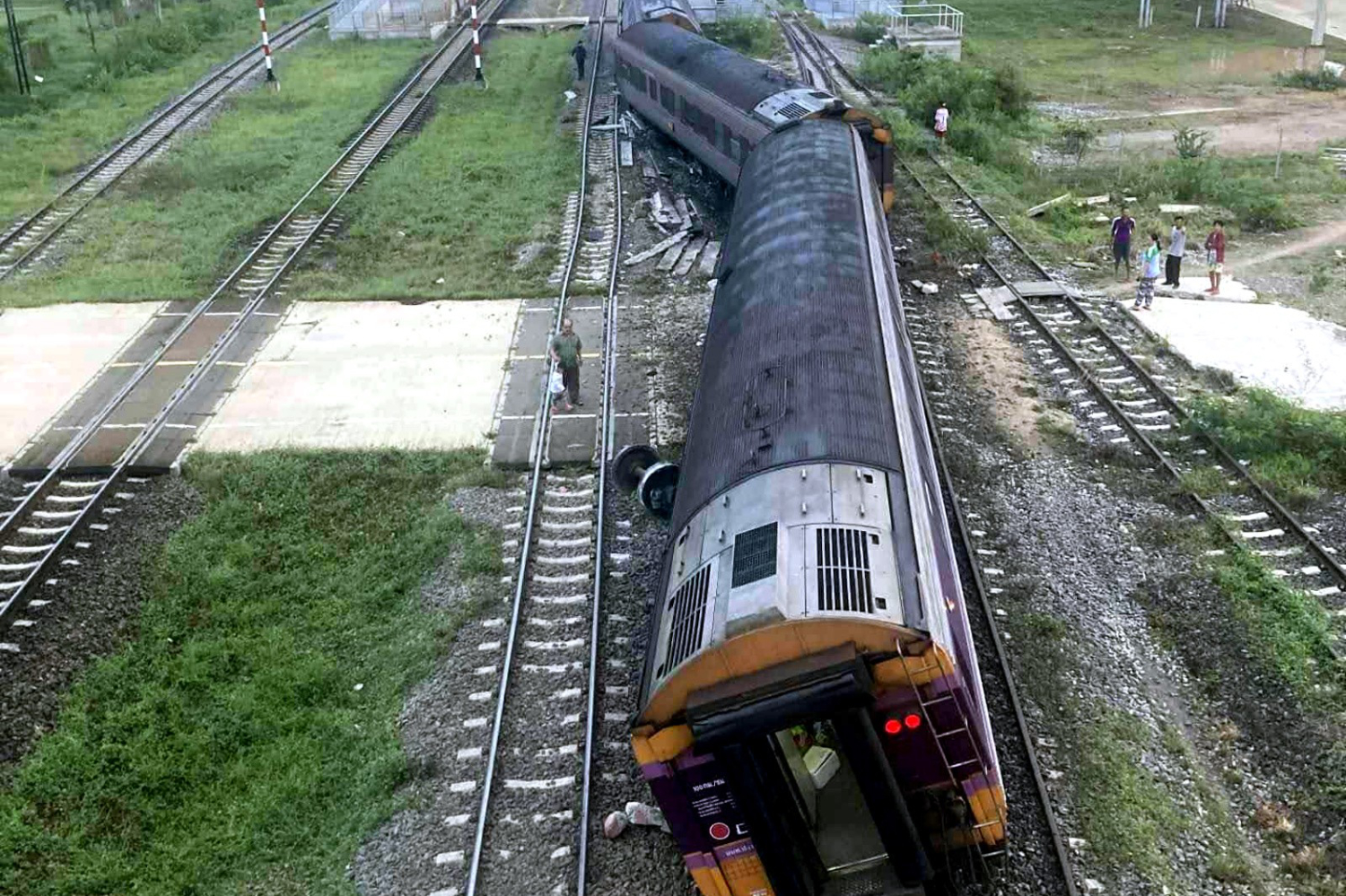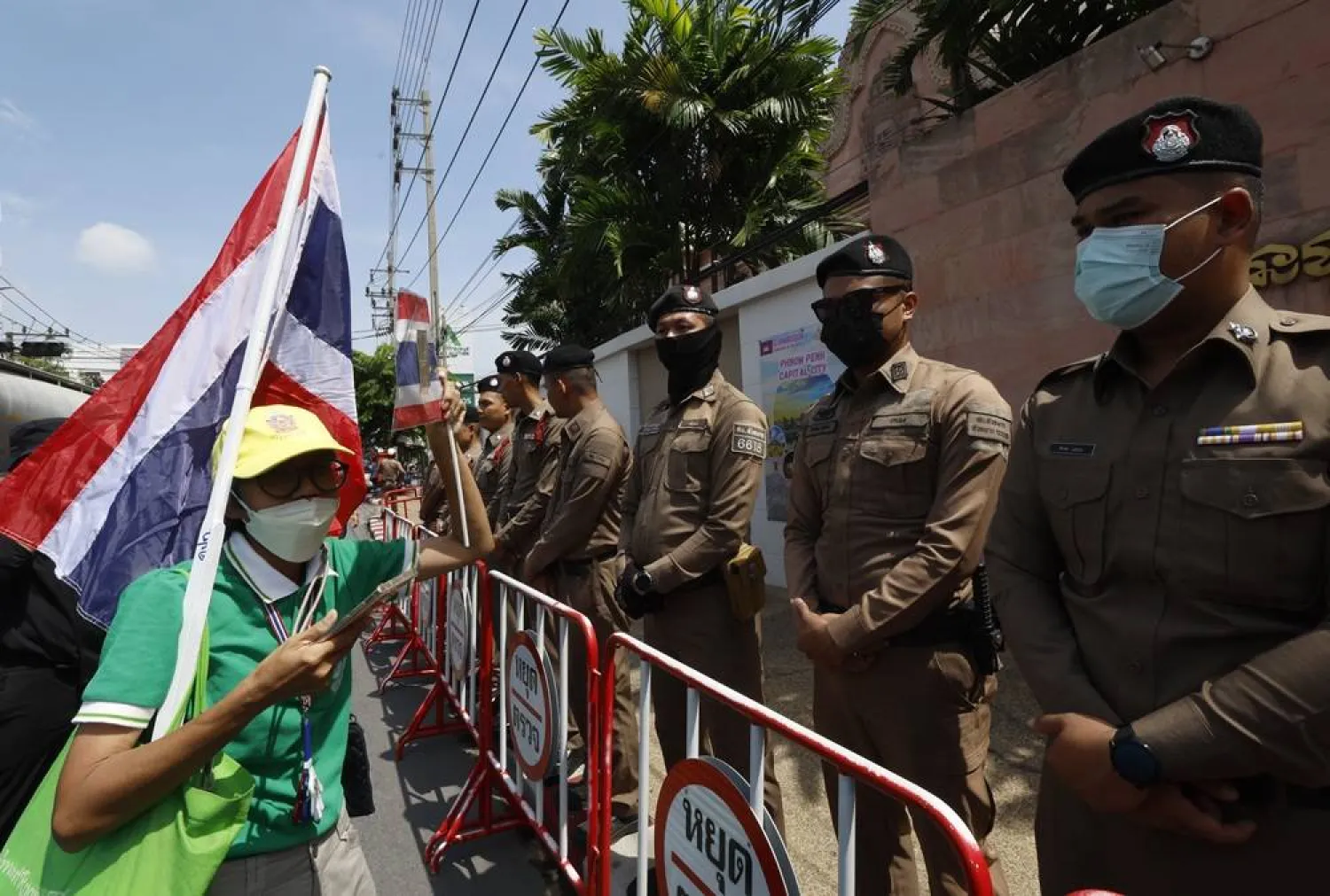Cabinet Reshuffle Looms Large
Thailand’s stock market is grappling with heightened domestic political uncertainty as a cabinet reshuffle appears imminent in June 2025. Tensions between coalition partners Pheu Thai and Bhumjaithai, particularly over control of the Interior Ministry, threaten government stability. Analysts warn that ongoing conflicts could impair economic policymaking, further dampening investor confidence in the Stock Exchange of Thailand (SET) index, already down 17.9% year-to-date.
Foreign Investors Exit Thai Equities
Heavy Selling Drains Market
Foreign investors have been aggressively selling Thai stocks, with net outflows reaching 70 billion baht ($2.1 billion) in 2025, following 192 billion baht in 2023 and 148 billion baht in 2024. This exodus, driven by domestic and global uncertainties, has intensified pressure on the SET index. The government’s decision to redirect digital wallet stimulus funds to infrastructure projects has further soured market sentiment, contributing to the bourse’s lackluster performance.
Thailand-Cambodia Border Tensions
Conflict Sparks Investor Jitters
Escalating tensions along the Thailand-Cambodia border are rattling investors, adding to the SET index’s woes. Historical data indicates the index typically drops 2.8% in the month following such clashes but rebounds over time. Companies like Carabao Group, with 21% of its sales tied to Cambodia, and Bangkok Dusit Medical Services, operating hospitals there, face potential disruptions, prompting concerns about broader sectoral impacts.
U.S. Tariffs Threaten Exports
Trade War Volatility Persists
Global trade uncertainty, fueled by U.S. President Donald Trump’s unpredictable tariff policies, poses a significant risk to Thailand’s export-driven economy. The U.S., absorbing 18% of Thai exports in 2024, may impose high tariffs due to a $45.6 billion trade deficit. Electronics and electrical appliances, key export categories, are particularly vulnerable. Legal challenges to Trump’s tariffs in U.S. courts add further unpredictability, keeping investors on edge.
Economic Stimulus Faces Delays
Budget Reallocation Sparks Concern
The Thai cabinet’s delay in approving a 157-billion-baht stimulus package has frustrated investors, as funds are now earmarked for soft loans to counter U.S. tariff impacts rather than immediate economic boosts. Sectors like tourism and private consumption, already underperforming due to weaker-than-expected tourist arrivals, face continued challenges. Analysts predict limited upside for the SET index unless policy clarity emerges soon.
Market Outlook Remains Grim
Analysts Predict Further Declines
Analysts foresee a rocky 2025 for the SET index, with potential drops to 1,100 points if political gridlock leads to a House dissolution. A prolonged interim government could exacerbate economic stagnation, deterring foreign investment. Sectors exposed to Cambodia or U.S. tariffs, including beverages, healthcare, and electronics, are particularly at risk. Investors are urged to monitor policy developments closely, as stability remains elusive amid domestic and global headwinds.
Infrastructure Plans Under Scrutiny
Long-Term Growth Hinges on Clarity
Thailand’s infrastructure investment plans, critical for long-term growth, are a focal point for foreign investors. However, frequent policy shifts, including a potential cabinet reshuffle, could stall progress, leading to temporary pauses in investment activity. Clear government direction is essential to restore confidence, but ongoing coalition disputes and global trade tensions suggest the SET index will face continued volatility in the near term.









